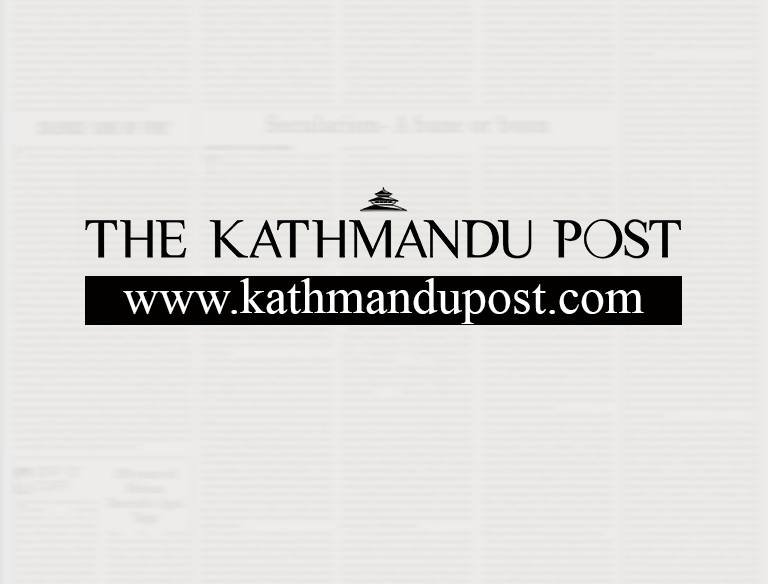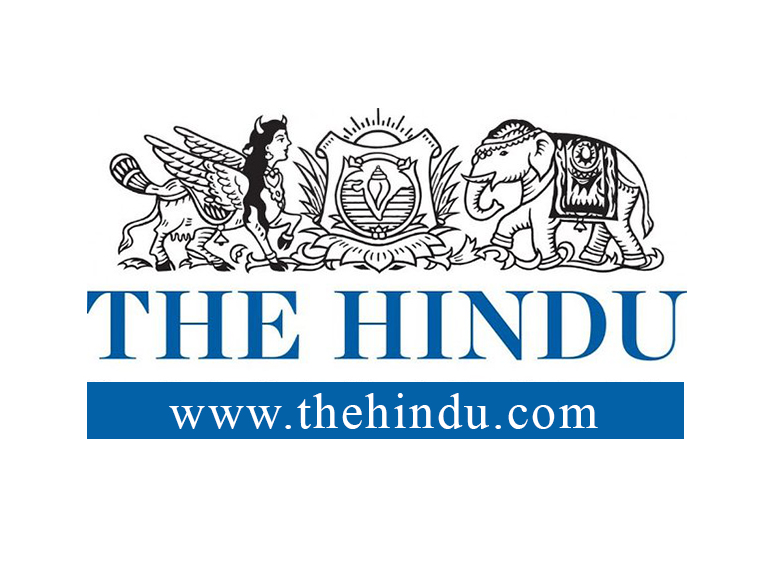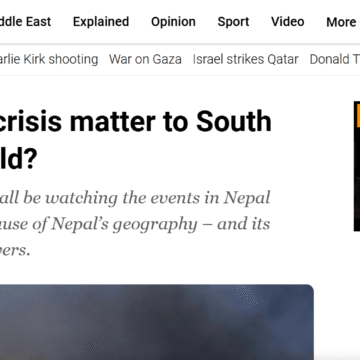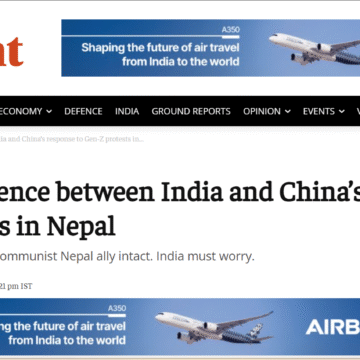On August 17, India’s Foreign Secretary extended a standing invitation to Nepal’s Prime Minister KP Sharma Oli, but the visit now appears uncertain, with the Indian media reporting that the visit, unofficially scheduled for September 16, has been postponed. A series of events over the past few weeks indicates that India has once again snubbed...
Category: Geopolitics Analysis
A Nepali Diplomat’s Glimpse into Xi Jinping’s Lhasa Visit
When the Government of Nepal appointed me as the Consul General to Lhasa on August 29, 2024, I felt a sense of joy and challenge at the same time. This marked a new dimension in my professional life—an important responsibility entrusted to me by the state and a profound duty to introduce Nepal to foreign...
Oli wraps up China visit. Lawmakers demand clarity on Lipulekh and GSI
Prime Minister KP Sharma Oli returned from Beijing on Wednesday following his four-day visit to China, where he attended the 25th Summit of the Shanghai Cooperation Organisation (SCO) and SCO Plus meeting. On the last leg of his visit, the prime minister attended a victory parade commemorating the 80th anniversary of the end of World...
Nepal President urges restraint as political vacuum deepens in country
Nepal’s Gen Z campaigners, whose massive protests led to the fall of the K.P. Sharma Oli government on Tuesday (September 9, 2025), remained divided on who should lead the next interim administration, even as President Ram Chandra Poudel on Thursday (September 11, 2025) urged restraint to restore order and security.
Why does Nepal’s crisis matter to South Asia – and the world?
Islamabad, Pakistan – On Sunday, Nepal’s then-Prime Minister KP Sharma Oli mocked youth protesters, who were planning a major agitation the following day in the capital, Kathmandu, against corruption and nepotism. By calling themselves the “Gen Z”, the protesters seemed to believe they could demand whatever they wanted, he said. Recommended Storieslist of 4 itemslist...
The key difference between India and China’s response to Gen-Z protests in Nepal
The Generation Z-led protests in Nepal have caught the global attention, and international agencies as well as countries have come forward to condole the loss of around 30 lives and hundreds who were injured. While the United Nations noted, “We are shocked by the killings and injury of protesters in Nepal today and urge a...
‘Working together, Nepal and China can build shared future’
Dr. Huang Zhengduo is the director of Nepal Study Center in the Institute of South Asian Studies, Sichuan University, China. Recently, Dr. Huang was in Nepal. Nanda Lal Tiwari, coordinator of risingnepaldaily.com and Sub Editor of The Rising Nepal, talked with Dr. Huang about the state of relations between Nepal and China as the two...
Oli’s China trip, cholera scare, and more
Prime Minister KP Sharma Oli is all set to visit China this week to attend the Shanghai Cooperation Organization (SCO) summit, marking an important step in Nepal’s high-level diplomatic engagement with its two powerful neighbors—India and China. This visit comes at a delicate juncture. Concerns in Kathmandu are growing over a renewed India-China agreement on...
Why Prime Minister Oli’s Beijing visit has sparked controversy. Here are five things to know
Attending the anti-Japan parade in Beijing Prime Minister KP Sharma Oli, during his China trip, plans to attend a ceremony on September 3 in Beijing marking the 80th anniversary of the Victory of the Chinese People’s War of Resistance Against Japanese Aggression and the World Anti-Fascist War. The event will include a military parade and...
When friends betray
Neither India nor China appear sensitive to the concerns of their precariously sandwiched neighbour. Their new agreement to re-open a bilateral trade route via Lipulekh Pass which runs through Nepali territories suggests as much. The 9th point of the August 19 agreement reads: “Both sides agreed to the re-opening of border trade through the three...







